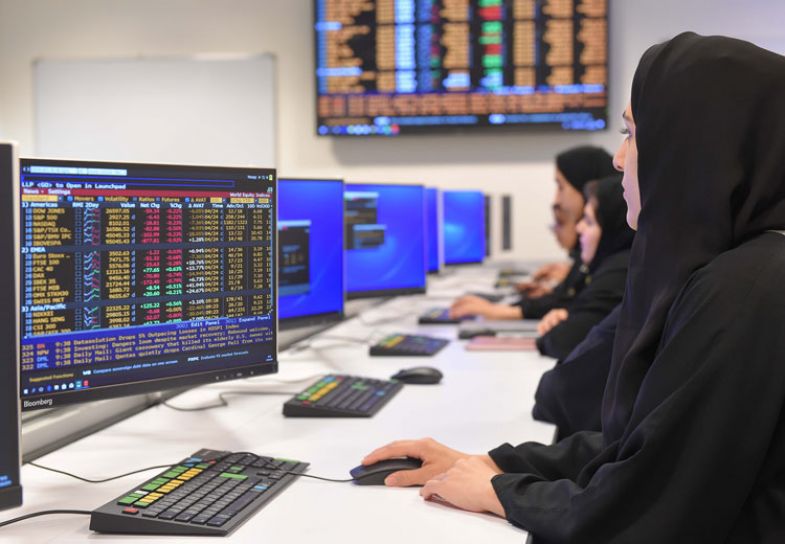
As cybersecurity becomes increasingly important, institutions must develop sophisticated defence measures. Zayed University’s latest programme enables faculty to provide essential knowledge
When Zayed University’s cybersecurity postgraduate programme opened in 2007, it was the first of its kind in the United Arab Emirates (UAE). Working in partnership with George Washington University, Zayed University had been approached by Abu Dhabi’s police force about designing a training programme that would prepare its officers to tackle cybercrime.
Once the initial cohort of officers graduated, the programme was offered more widely, with more than 250 students having graduated from both the Abu Dhabi and Dubai campuses. Fifty students are presently enrolled in the programme at postgraduate level, with an additional 1,650 at the undergraduate level. Most, if not all, in the master’s programme have a background in IT or computer science. Many are employed in the police force, armed forces or Ministry of Interior, and are studying in order to unlock managerial positions and improved salaries.
Dr Hany El Kadi, dean and professor at the College of Technological Innovation at Zayed University, describes a hands-on learning environment that focuses on practical skills. The curriculum is designed with graduate employability in mind, covering subjects such as cyber forensics, penetration testing, information security and management.
“I think what really makes our programme distinct from all the others in the area is that it is highly practical,” El Kadi says. “We have lots of people who are hands-on with the equipment, tools and labs, which makes graduates more employable. Some of our graduates work in companies in the UAE, as supervisors or heads of organised crime task forces at different authorities. We are really pleased with the relations we have had with the police and the armed forces.”
Zayed University’s cyber forensics research lab offers a variety of tools for researchers and postgraduate students. “You allow the students to hack different devices, then learn how to detect cybercrimes, perform digital investigations and learn how to defend against them,” El Kadi says.
These devices are not restricted to laptops, smartphones and tablets. The internet of things makes all manner of objects vulnerable to a cyberattack. Drones, recording devices and even children’s toys can be at risk. “The coursework shows people how vulnerable they could be with something as simple as a doll that kids play with,” El Kadi says. “It is an interesting lab, and we have different types of equipment to detect those attacks.”
Zayed University’s cybersecurity programme attracts faculty members from across the globe. El Kadi says the programme hires 10 faculty members each year, with the expectation that they will remain active in research alongside teaching. “It is not enough just to teach in the undergraduate programme, but it is also important for them to keep current and publish research in this area,” El Kadi says. With the threat posed by cyberattacks growing and evolving, research is vital to building a strong line of defence.
Explore available roles at Zayed University here.
Find out more about Zayed University.



